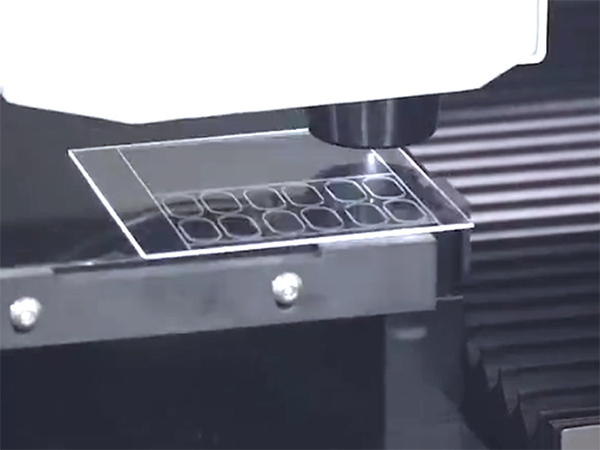Microsoft Research has unveiled a groundbreaking "Project Silica" that aims to develop an eco-friendly method utilizing ultrafast lasers to store vast amounts of data within glass panels. It features a long lifespan, large storage capacity, and minimal environmental impact, which will be applied more widely to bring greater convenience.
Microsoft Research has unveiled a groundbreaking "Project Silica" that has sent shockwaves throughout the world. At its core, this project aims to develop an eco-friendly method utilizing ultrafast lasers to store vast amounts of data within glass panels. As we are well aware, the storage and processing of data have significant environmental implications, with traditional storage devices such as hard disk drives and optical discs requiring electricity to maintain and having limited lifespans. In addressing the issue of data storage, Microsoft Research, in collaboration with the sustainability-focused venture capital group Elire, has embarked on Project Silica.

So, how does the Project Silica work?
Initially, data is written into the glass panels using ultrafast femtosecond lasers. These minute data alterations are imperceptible to the naked eye but can be easily accessed through reading, decoding, and transcription using computer-controlled microscopes. The glass panels storing the data are then housed in a passive-operating "library" that requires no electricity, significantly reducing carbon emissions associated with long-term data storage.
Regarding the innovative nature of this project, Ant Rowstron, an engineer at Microsoft Research explained that the lifespan of magnetic technology is limited and a hard drive can last approximately 5-10 years. Once its lifecycle is over, you have to replicate it in a new generation of media. Frankly, considering all the using energy and resources, this is both cumbersome and unsustainable. Therefore, they aim to alter this scenario through Project Silica.
In addition to music and movies, this project has other application scenarios. For instance, Elire is collaborating with Microsoft Research to utilize this technology for the Global Music Vault. A small piece of glass in the Svalbard archipelago can accommodate several terabytes of data, enough to store approximately 1.75 million songs or 13 years of music. This marks an important step towards sustainable data storage.
Although glass storage is not yet ready for large-scale deployment, it is considered a promising sustainable commercial solution due to its durability and cost-effectiveness. Moreover, the maintenance costs in the later stages will be "negligible." It only requires storing these glass data repositories in power-free facilities. When needed, robots can climb the shelves to retrieve them for subsequent import operations.
In summary, Project Silica offers us a new, eco-friendly way of data storage. Not only does it have a long lifespan and large storage capacity, but it also has minimal environmental impact. We look forward to seeing this technology applied more widely in the future, bringing greater convenience to our lives.
TEYU ultrafast laser chiller provides efficient and stable cooling support for ultrafast picosecond/femtosecond laser projects, effectively improving processing quality and prolonging equipment lifespan. We look forward to the future where TEYU ultrafast laser chillers can be applied to write data into glass alongside this groundbreaking new technology!
We're here for you when you need us.
Please complete the form to contact us, and we'll be happy to help you.
Copyright © 2025 TEYU S&A Chiller - All Rights Reserved.